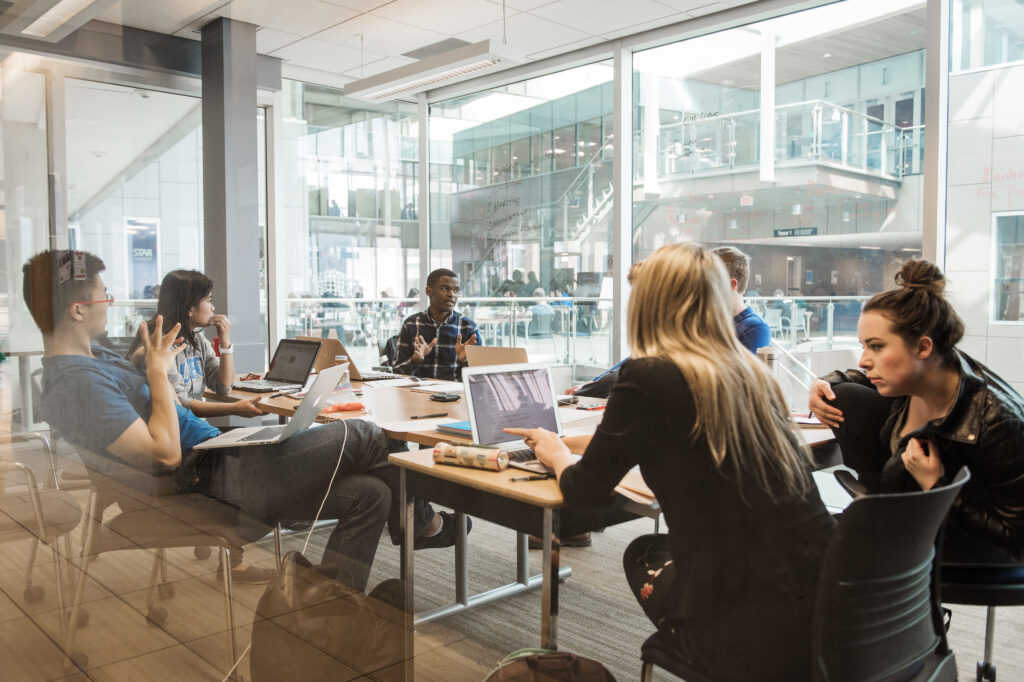
The Province of British Columbia recently launched the StrongerBC: Future Ready Action Plan that encompasses inclusivity and affordability for career and professional learners. The plan aims to make post-secondary education more accessible and relevant to British Columbians. In doing so, it sets out to address the skills gap faced by many employers today, enabling potential employees to reskill and find in-demand jobs.
One of the main highlights of the $480-million action plan is the StrongerBC future skills grant. The grant is open to all British Columbians aged 19 years and above, or those who have graduated from high school, and allows them to choose from a plethora of micro-credentials or non-credit short-term courses aimed at skills enhancement. These courses are offered by public post-secondary institutions across British Columbia.
The grant covers $3,500 per person, regardless of financial need, and is available to British Columbian residents who are Canadian citizens; permanent residents; or protected persons entitled to study in Canada. In talking about the grant, Dr. Simon Bates —Vice-Provost and Associate Vice-President, Teaching and Learning, pro tem states, “It signifies the provincial government’s commitment to supporting British Columbians to continue accessing education throughout their lives.”
UBC offers a list of 47 micro-credentials delivered by the Faculty of Forestry, the Sauder School of Business, and UBC Extended Learning among other Faculties and units. Course offerings range from lessons in Tall Wood Structures to Cloud and Technology Transformation to even Climate Action and Community Engagement. With regards to the diversity of UBC’s course offerings, Heather Berringer, Associate Provost, Academic Operations and Services notes, “We are developing courses that reflect our signature expertise areas, and as part of that process, we directly engage with community members and employers. Along the way, we have opportunities to strengthen our relationship with communities and industry, support our alumni, and broaden our degree-seeking students’ learning opportunities and experiences.”
Highlighting the strides made by the Faculty of Forestry, Dean Robert Kozak says, “We are really trying to redefine what forestry means in the public sphere and redefine people’s perceptions of what forestry is. In order to do that we have to engage with . . . audiences that we don’t necessarily traditionally engage with . . . [and] these micro certificates are allowing us to do that.”
The Future Skills Grant aligns with the university’s strategic priorities. In terms of the course modalities and teaching style adapted by the university, Dean Kozak believes that the micro-credentials that fall under the grant reflect the strategic plan’s core area of transformative learning. He also believes that the inclusivity offered by the grant compliments the core area of local and global engagement.
Dr. Bates identifies Strategy 13: Practical Learning and Strategy 11: Education Renewal as being particularly relevant to the grant and adds that “making UBC excellence more accessible to learners is a core pillar of the strategic plan.” He further talks about the benefit of bringing together people from diverse and rich backgrounds to avail themselves of the opportunities offered by the grant, “It’s not a disadvantage to accommodate learners with very diverse experiences and backgrounds. It can actually be a real benefit to the entire cohort to be able to learn from each other. It’s peer learning, basically.”
Given that UBC Extended Learning has recently gone through a period of restructuring and rebuilding, Dr. Bates emphasizes, “This grant comes at a perfect time for us as an institution in our journey through noncredit career and professional education.” Berringer adds: “We believe the funding being made available [through the grant] will have a tremendously positive impact – opening access in ways that we wouldn’t have imagined when we first started developing micro-credentials several years ago.”
Through Strategy 13: Practical Learning UBC is supporting faculty in expanding online and other accessible offerings in response to evolving demand from working practitioners and lifelong learners, many of whom are UBC alumni.